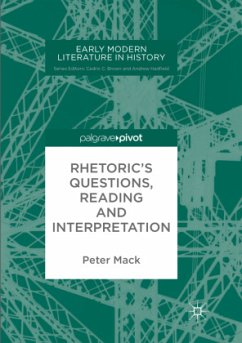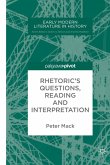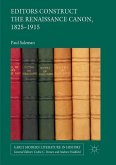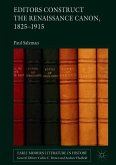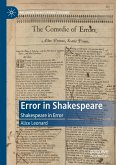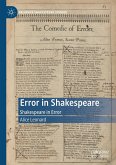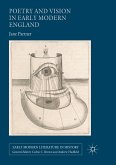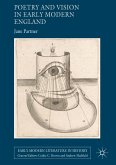This book aims to help readers interpret, and reflect on, their reading more effectively. It presents doctrines of ancient and renaissance rhetoric (an education in how to write well) as questions or categories for interpreting one's reading. The first chapter presents the questions. Later chapters use rhetorical theory to bring out the implications of, and suggest possible answers to, the questions: about occasion and audience (chapter 2), structure and disposition (3), narrative (4), argument (5), further elements of content, such as descriptions, comparisons, proverbs and moral axioms, dialogue, and examples (6), and style (7). Chapter eight describes ways of gathering material, formulating arguments and writing about the texts one reads. The conclusion considers the wider implications of taking a rhetorical approach to reading. The investigation of rhetoric's questions is interspersed with analyses of texts by Chaucer, Sidney, Shakespeare, Fielding and Rushdie, using the questions.The text is intended for university students of literature, especially English literature, and rhetoric, and their teachers.

